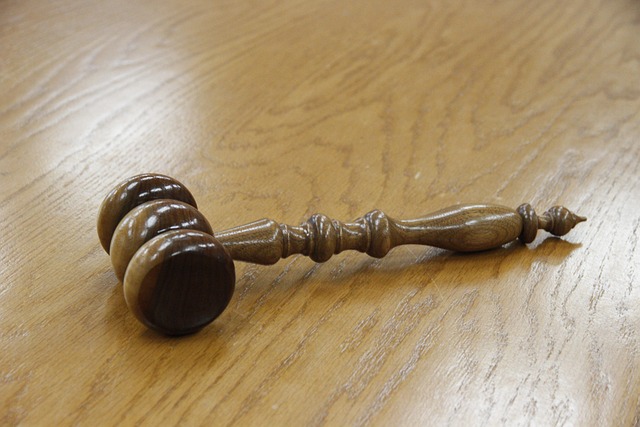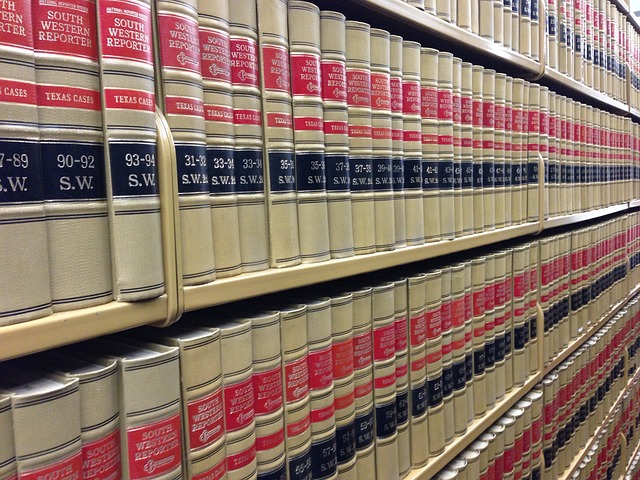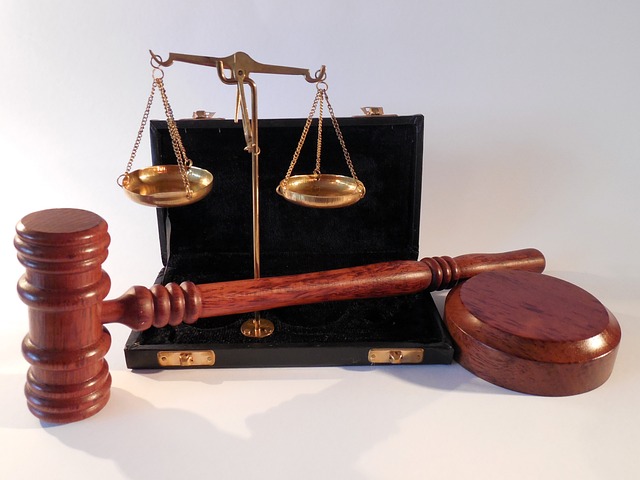A criminal lawyer in The Woodlands is crucial for ensuring fairness in trials by specializing in understanding and navigating inadmissible evidence, including hearsay statements, speculative testimony, illegally obtained information, and coerced confessions. They challenge these elements, scrutinize evidence, leverage legal precedents, and employ strategic cross-examination to protect their clients from prejudicial information that could impact the jury's decision.
In the pursuit of justice, understanding what constitutes inadmissible evidence is paramount. This article delves into the challenges faced by criminal lawyers in The Woodlands when navigating improper evidence and suppressing inadmissible testimony. We explore the intricacies of evidentiary rules, specifically focusing on what makes evidence unacceptable in criminal trials. Armed with strategic insights, we demonstrate how skilled legal professionals protect their clients’ rights, ensuring fair and just outcomes.
- Understanding Inadmissible Evidence: What Constitutes Improper Evidence in Criminal Trials?
- Strategies for Suppression: How a Criminal Lawyer in The Woodlands Navigates and Challenges Inadmissible Testimony
Understanding Inadmissible Evidence: What Constitutes Improper Evidence in Criminal Trials?
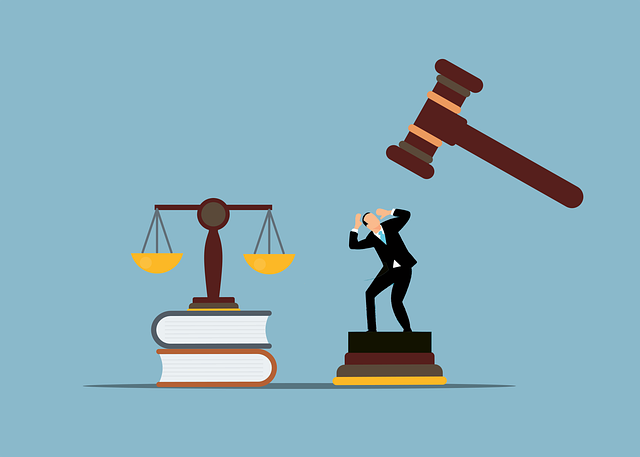
In criminal trials, understanding what constitutes inadmissible evidence is paramount for both prosecutors and defense attorneys, including a criminal lawyer in The Woodlands. Improper evidence refers to any information or testimony that does not meet the legal standards for admissibility. This can include a wide range of material, such as hearsay statements, where the declarant is unavailable to testify and the statement lacks guarantees of trustworthiness. Another common example is speculative or irrelevant testimony that fails to provide a fact in issue relevant to the case.
Additionally, evidence obtained through unlawful means, like searches conducted without a warrant or confessions made under coercion, is typically inadmissible. The rules surrounding admissibility are designed to ensure fairness and reliability in criminal proceedings. A criminal lawyer in The Woodlands plays a crucial role in navigating these complexities, challenging improper evidence, and ensuring that their client’s rights are protected throughout the trial process.
Strategies for Suppression: How a Criminal Lawyer in The Woodlands Navigates and Challenges Inadmissible Testimony
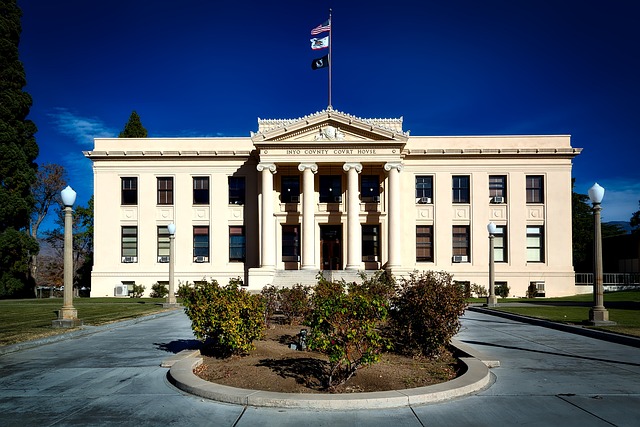
When facing inadmissible testimony or improper evidence, a criminal lawyer in The Woodlands employs strategic navigation to ensure a fair trial for their clients. They begin by meticulously examining the evidence and evaluating its admissibility under the rules of evidence. This includes challenging the credibility of witnesses, questioning the reliability of physical evidence, and scrutinizing any potential violations of constitutional rights that may have occurred during the gathering or presentation of evidence.
These lawyers leverage legal precedents and case law to construct robust objections. They assertively interject during proceedings to raise doubts about the admissibility of certain pieces of evidence or lines of testimony. By doing so, they aim to prevent prejudicial information from reaching the jury and potentially swaying their decision. Effective cross-examination is another key strategy; questioning witnesses thoroughly can uncover inconsistencies or weaknesses in their testimonies, thereby undermining their overall credibility.
In the pursuit of justice, understanding what constitutes improper evidence and knowing how to suppress inadmissible testimony is paramount. A skilled criminal lawyer in The Woodlands plays a crucial role in navigating these challenges, ensuring that their clients receive fair trials based on valid and reliable evidence. By employing strategic approaches, they can protect their client’s rights and safeguard the integrity of the legal process.
